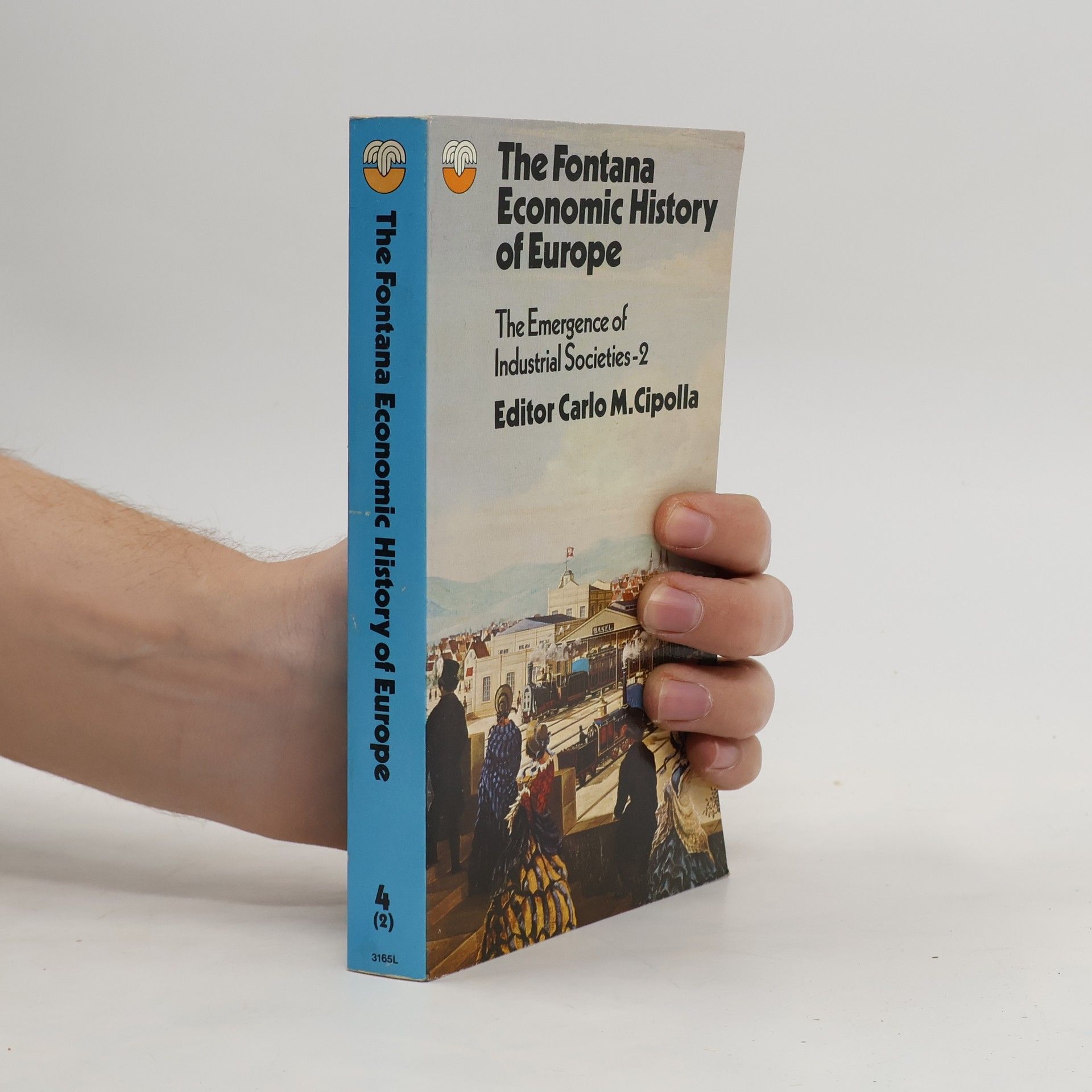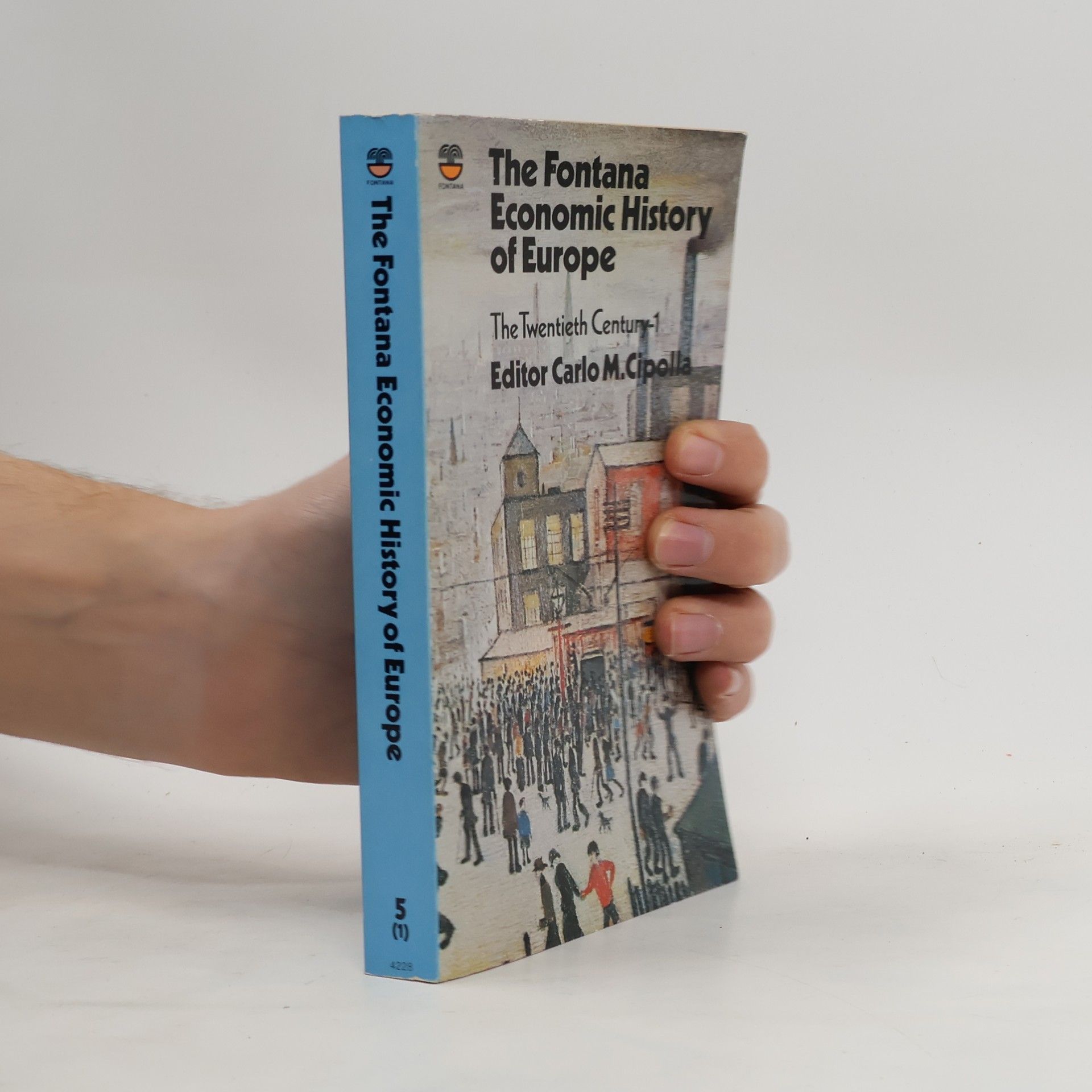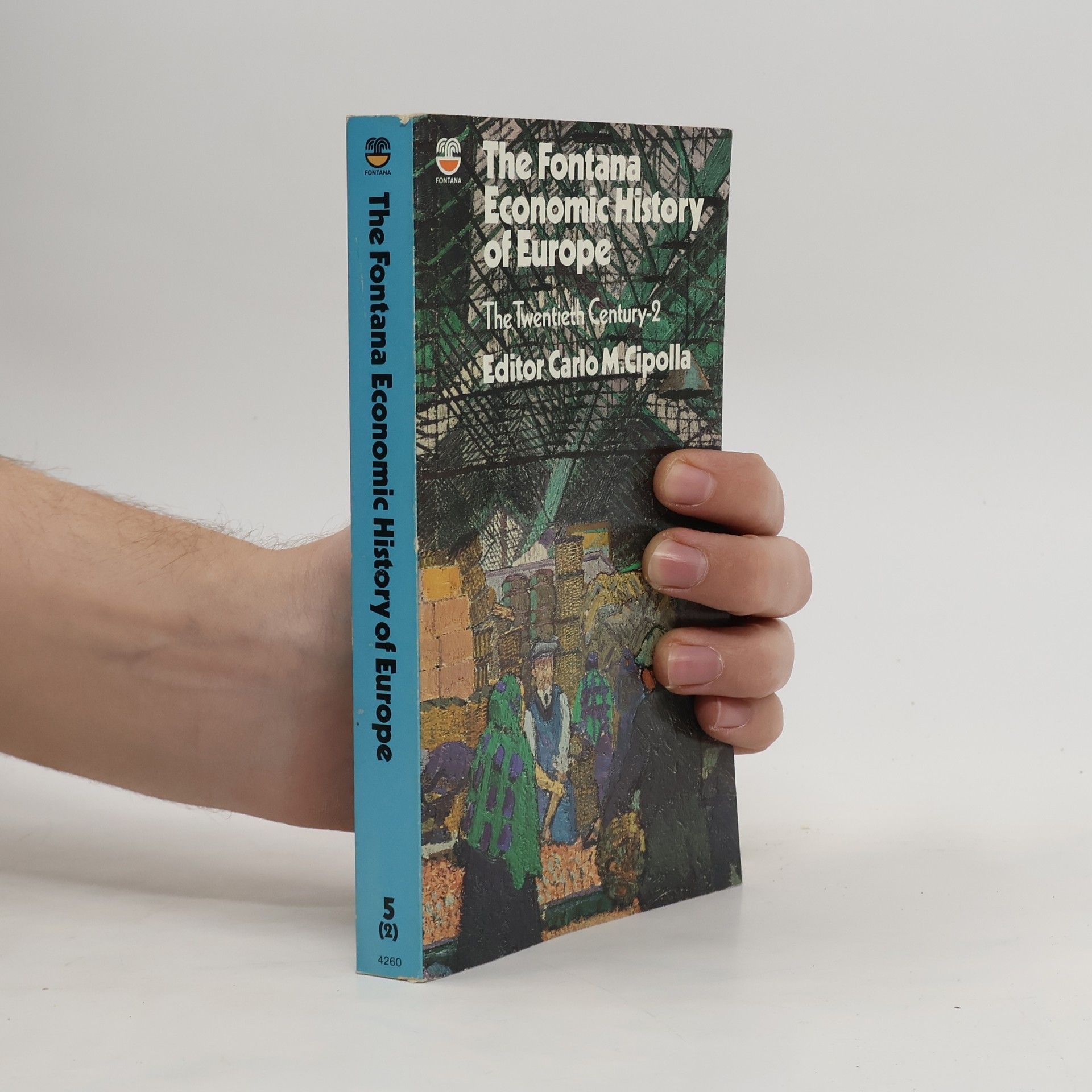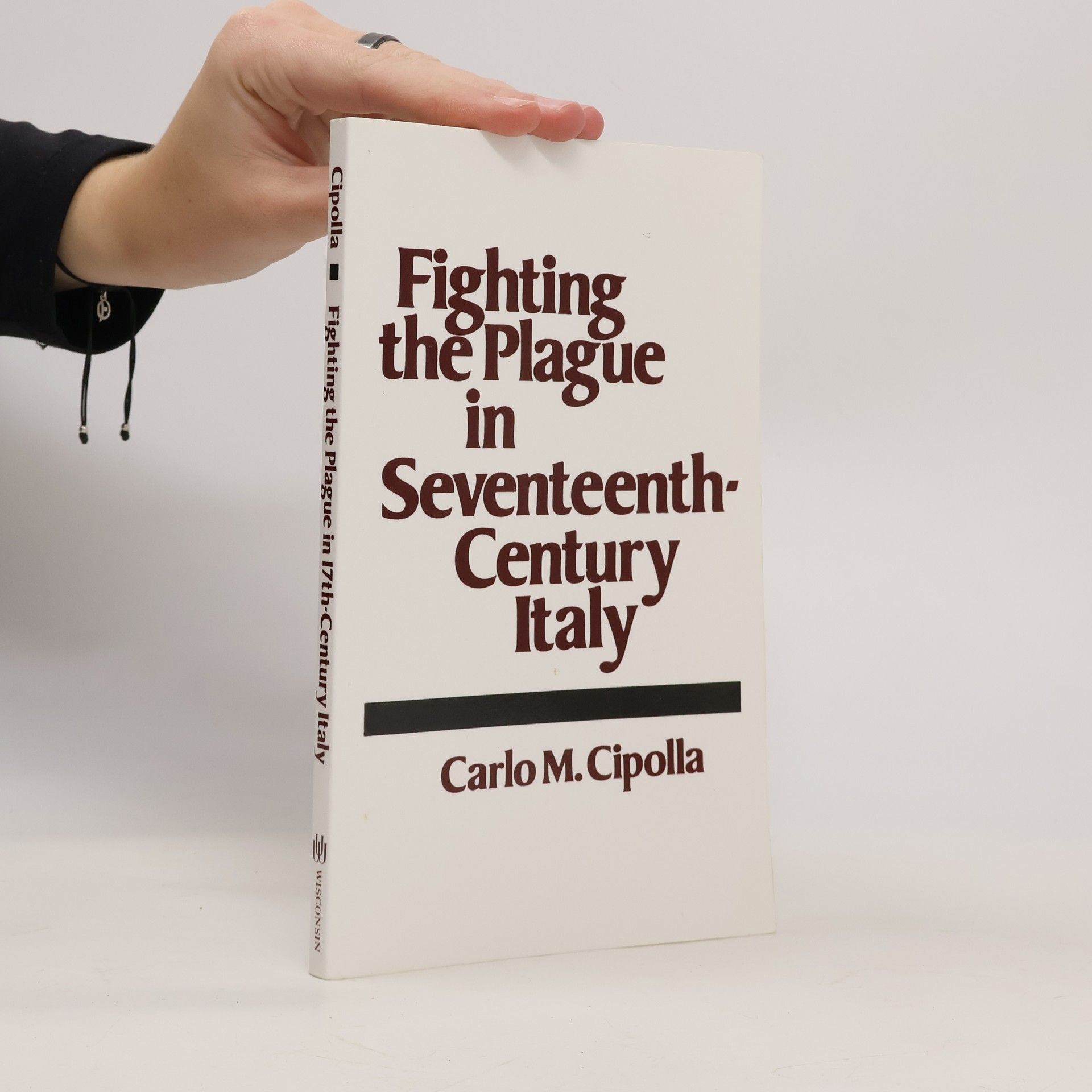"L'individu stupide est le type d'individu le plus dangereux."
Carlo M. Cipolla Livres
Carlo M. Cipolla était un historien économique italien dédié à la découverte des forces fondamentales qui façonnent la civilisation humaine. Son travail se caractérise par une ampleur extraordinaire, allant des finances médiévales à l'histoire des maladies, et par un aperçu aiguisé de la manière dont les facteurs économiques ont façonné les sociétés. Cipolla est devenu célèbre pour son style narratif fluide et captivant, qui a rendu même les concepts historiques complexes accessibles à un large public. Ses essais et ses livres offrent une perspective unique sur la façon dont l'humanité a évolué et s'est adaptée aux défis de la vie économique.

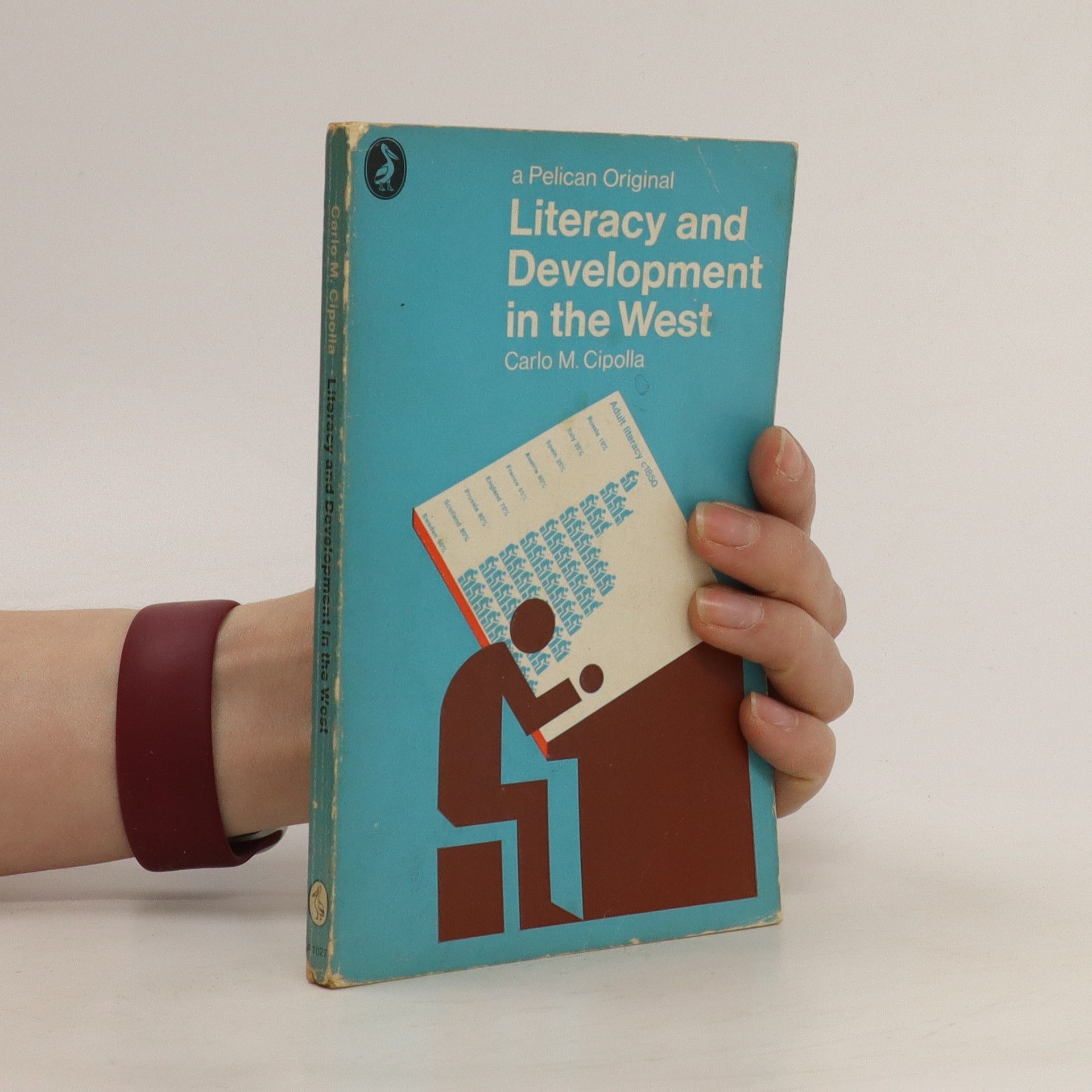
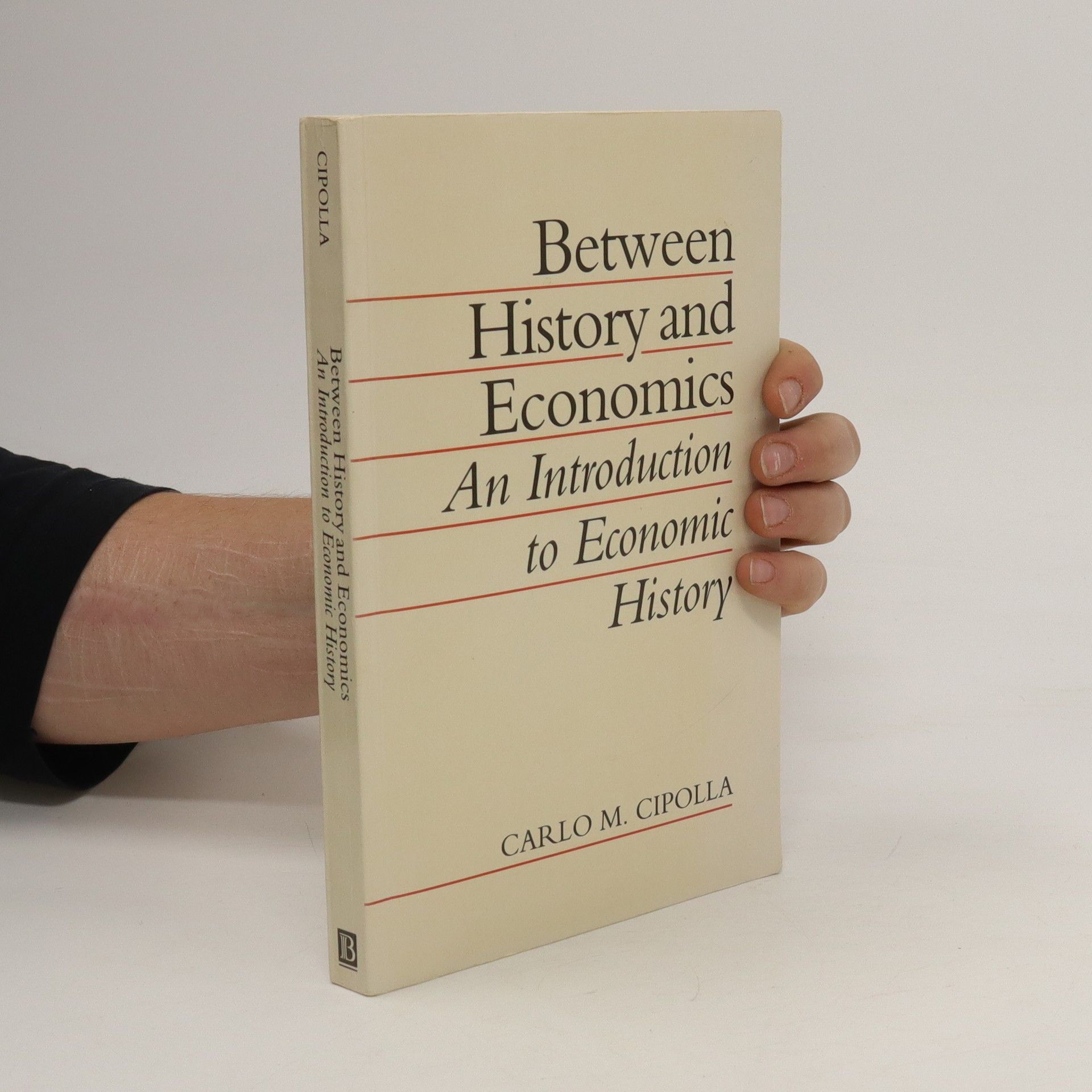
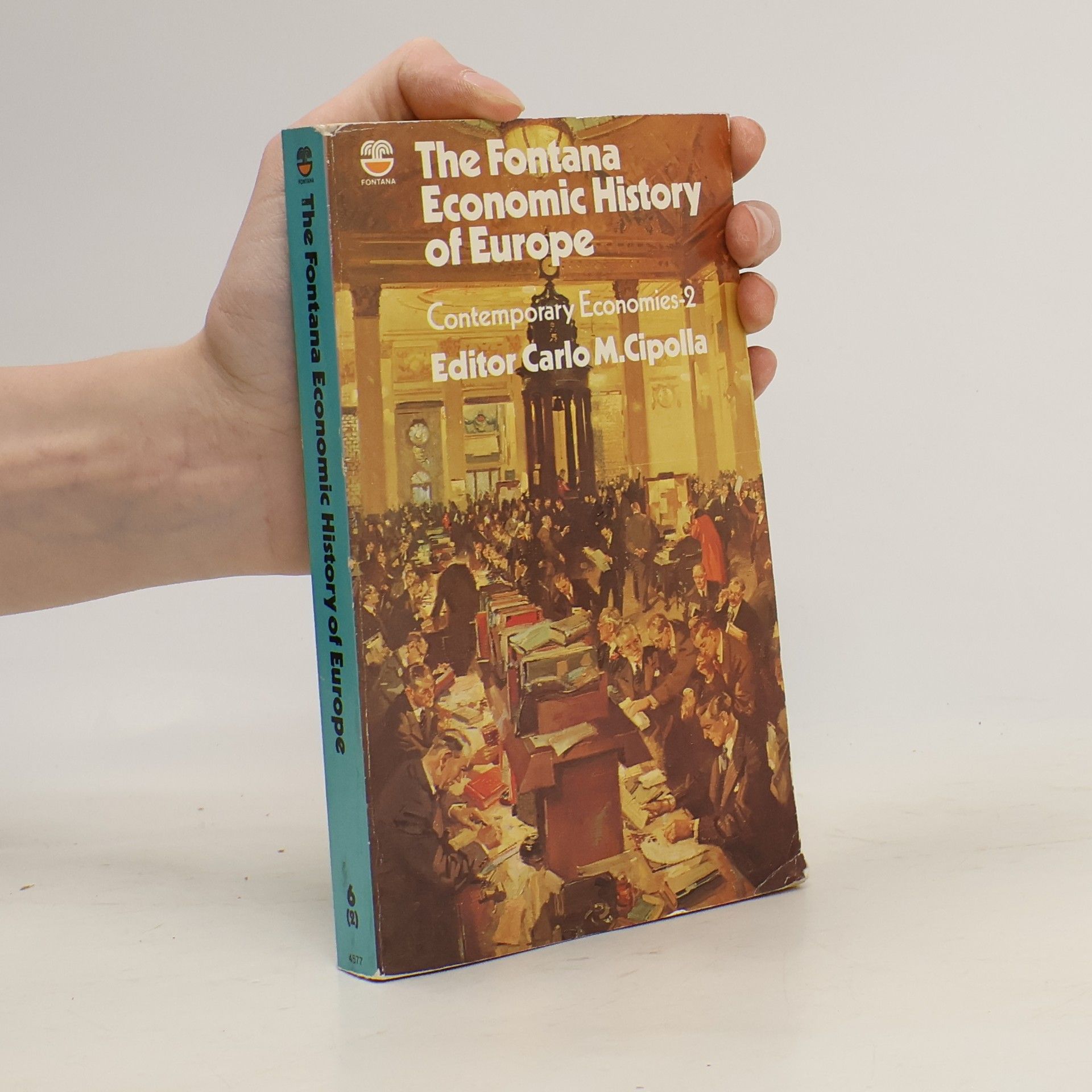
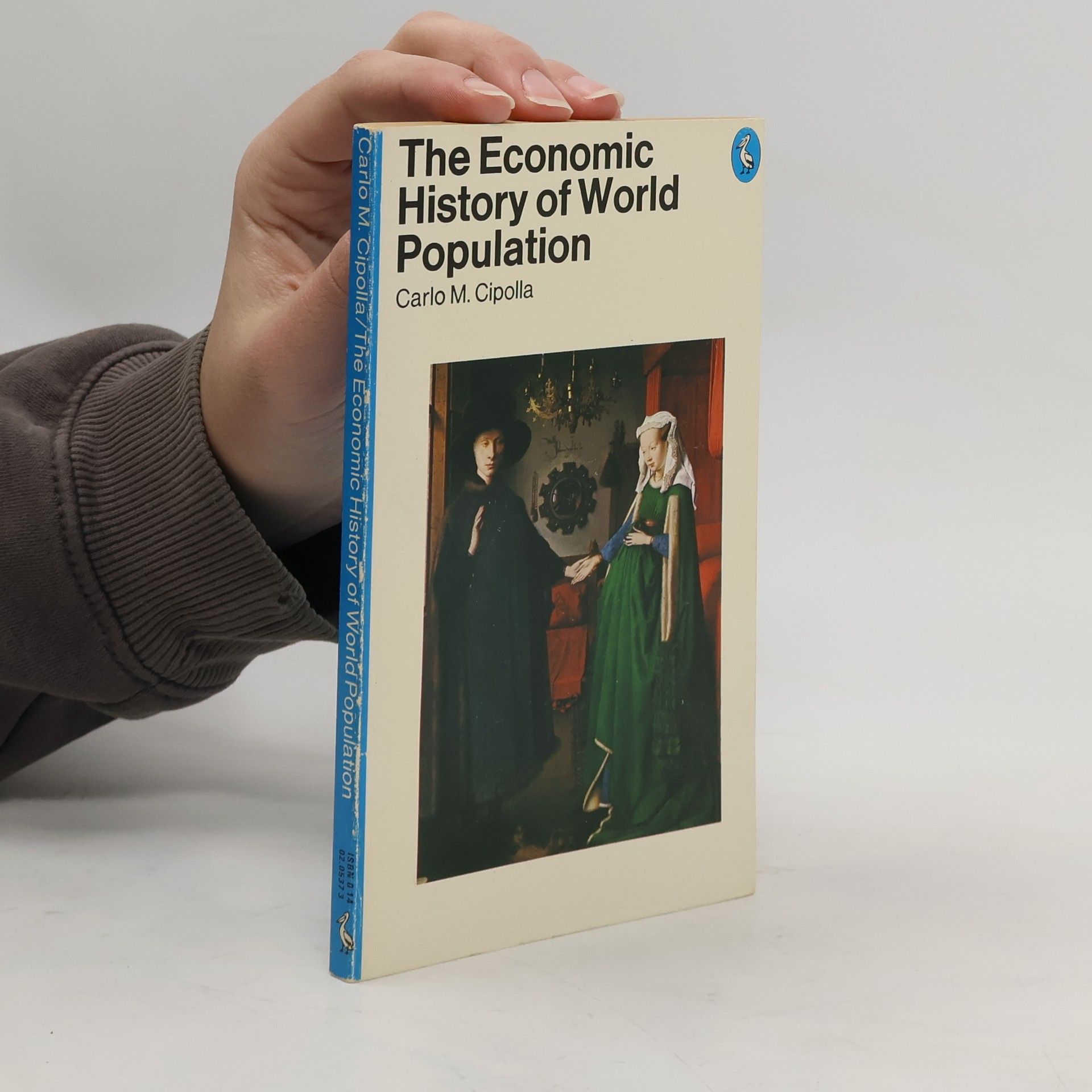

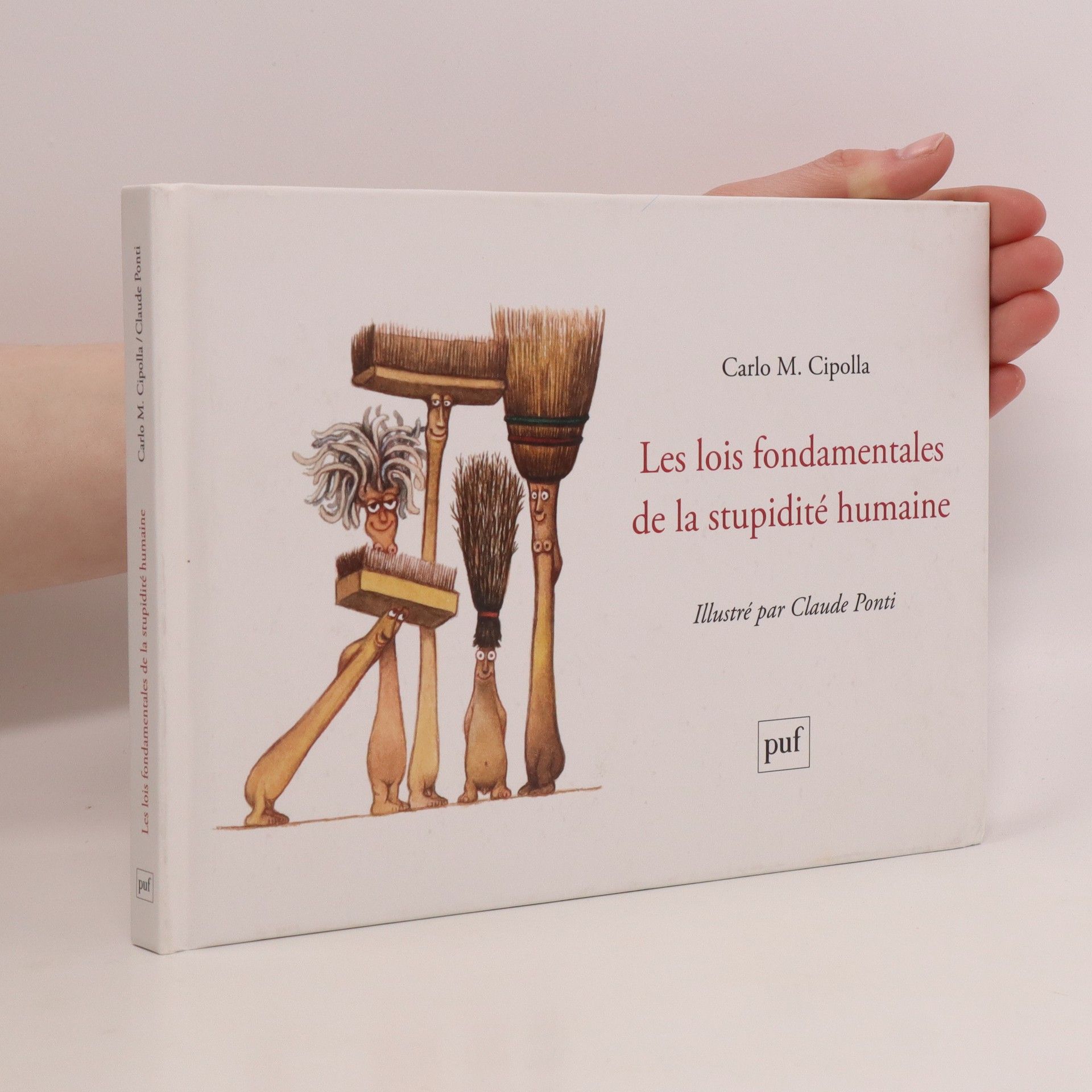
The Fontata Economic History of Europe
The Emergence of Industrial Societies 1
- 368pages
- 13 heures de lecture
The Economic History of World Population
- 136pages
- 5 heures de lecture
From back cover: 'This book presents a global view of the demographic and economic development of mankind. Professor Cipolla has deliberately adopted a new point of view and has tried to trace the history of the great trends in population and wealth which have affected mankind as a while. For it would have been inadequate to regard such a global history as being merely the sum total of national economic histories in abridged form. Among the massive problems that face the human race the author emphasizes the demographic explosion, the economic backwardness of vast areas, the spread of industrial revolution and of technical knowledge,. Whilst hte theoretical approach can help our analysis of these problems, Professor Cipolla believes that they can only wholly grasped and solved when they are studied in their full historical perspective.
Between history and economics : an introduction to economic history
- 256pages
- 9 heures de lecture
This book examines the methodological problems that have arisen from the clash of these two cultures, and aims to provide an account of the nature and substance of economic history.
Literacy and Development in the West( Pelican Original)
Merle Curti Lectures: Fighting the Plague in Seventeenth-Century Italy
- 136pages
- 5 heures de lecture
In this volume, Carlo M. Cipolla throws new light on the subject, utilizing newly uncovered and significant archival material.
